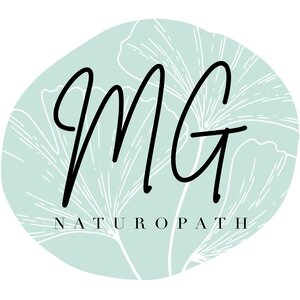Most of us know or have heard of by now the dangers in consuming too much sugar. Not only can it negatively impact your waistline (and your skin and teeth), sugar has proven to be a contributing factor in developing a chronic illness, potentially leading to disease.
If you haven’t wrapped your head around the whole sugar debate, check out the movie “The Sugar Film”. And if you’re still hooked on sugar, we published a blog last year about how to prevent sugar cravings.
So, now that white sugar isn’t adorning the tables of families Australia-wide, what do we use instead?
When looking up whole-food recipes, you have probably seen various sugar alternatives listed. At face value, these probably come across as healthy options to replace white sugar with.
If we examine them deeper though, often times these “healthy” sugar options are equally as detrimental to our health as adding traditional sugar would be! You also need to think about how much of these alternative sugars are going into your cooking and into the processed foods you are eating. Just because they are not white sugar doesn’t mean they are good for you!
Let’s examine the top five sugar alternatives offered in wellness recipes.
Rice Malt Syrup
This one became well-known when it was used in Sarah Wilson’s popular book, I Quite Sugar. The problem with rice malt syrup is it is heavily processed and has a high glycemic (GI) load. Have you even seen syrup come out of your rice?
Agave Nectar
Another buzz sugar alternative, extracted mostly in Mexico from agave plants. It does have a low GI but is very high in fructose, more than normal sugar does. And because of the nature of the extraction process, this is not a environmentally sustainable option.
Stevia
A sugar substitute that is extracted from the South American plant species stevia rebaundiana. Sure, it doesn’t have any calories thus no effect on blood sugar, but it is a chemical extract (E 960) and thus does not contain any essential nutrients. A heavily processed alternative, that is probably best to avoid.
Maple Syrup
Maple syrup is a natural product and contains more than 50 beneficial compounds (including antioxidants and anti-inflammatory properties). Pay attention to the purity and the ingredients though, as it often contains sugar water. The ingredients of maple syrups often contain various proportions of glucose and fructose depending on the producer. Generally, a great option!
Honey
The most natural option, containing a lot of valuable nutrients and anti-inflammatory, antibacterial and antiseptic properties. It does have almost as many calories and a similar impact on blood sugar levels as white sugar, so go easy! In small doses, honey (especially local raw or manuka) can be used medicinally as well. Love it!
In conclusion, let’s try to reduce the overall amount of any kinds of sugar in our cooking and foods we consume!
Always check labels for what kinds of sugar and how much is in your packaged products, and with cooking, generally look to halve the amount of sugar or sugar substitute that is recommended.
You’re sweet enough as is.

